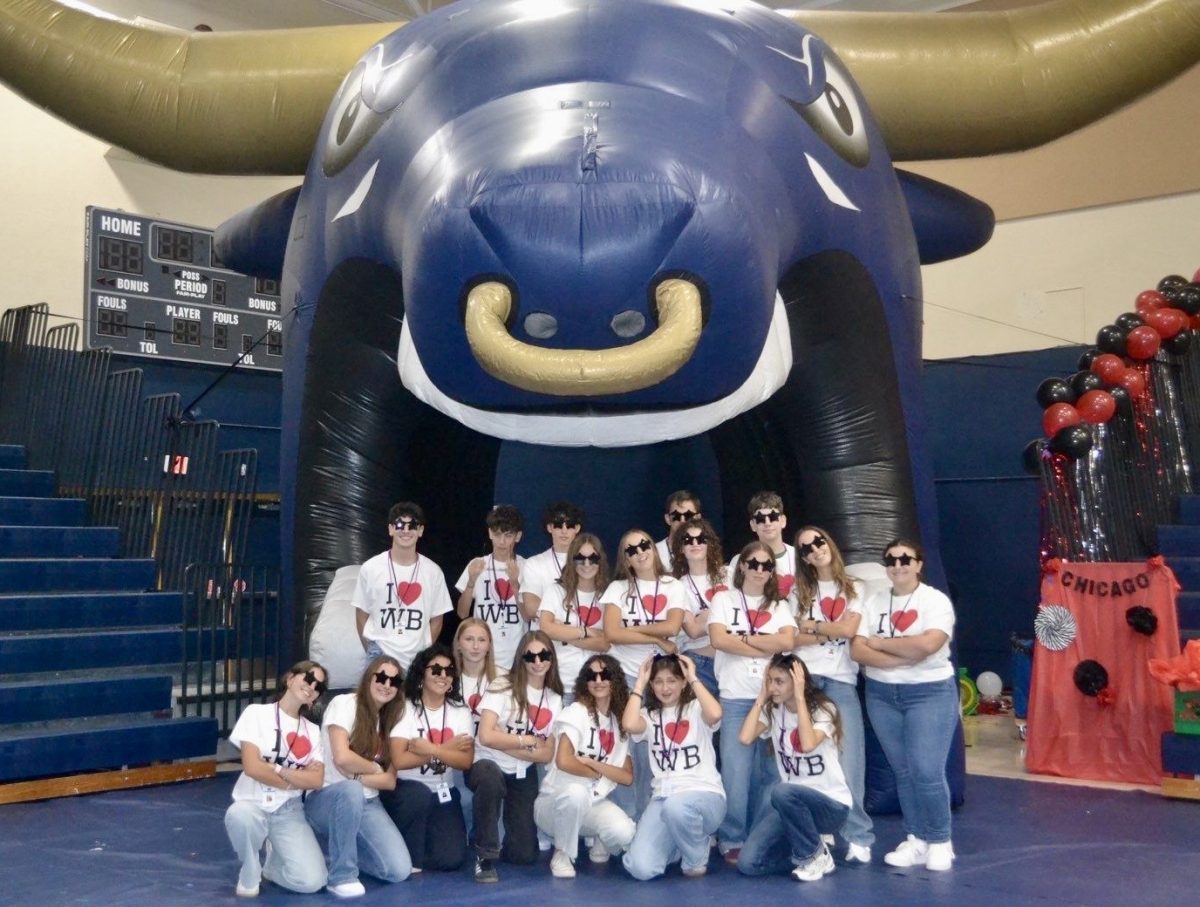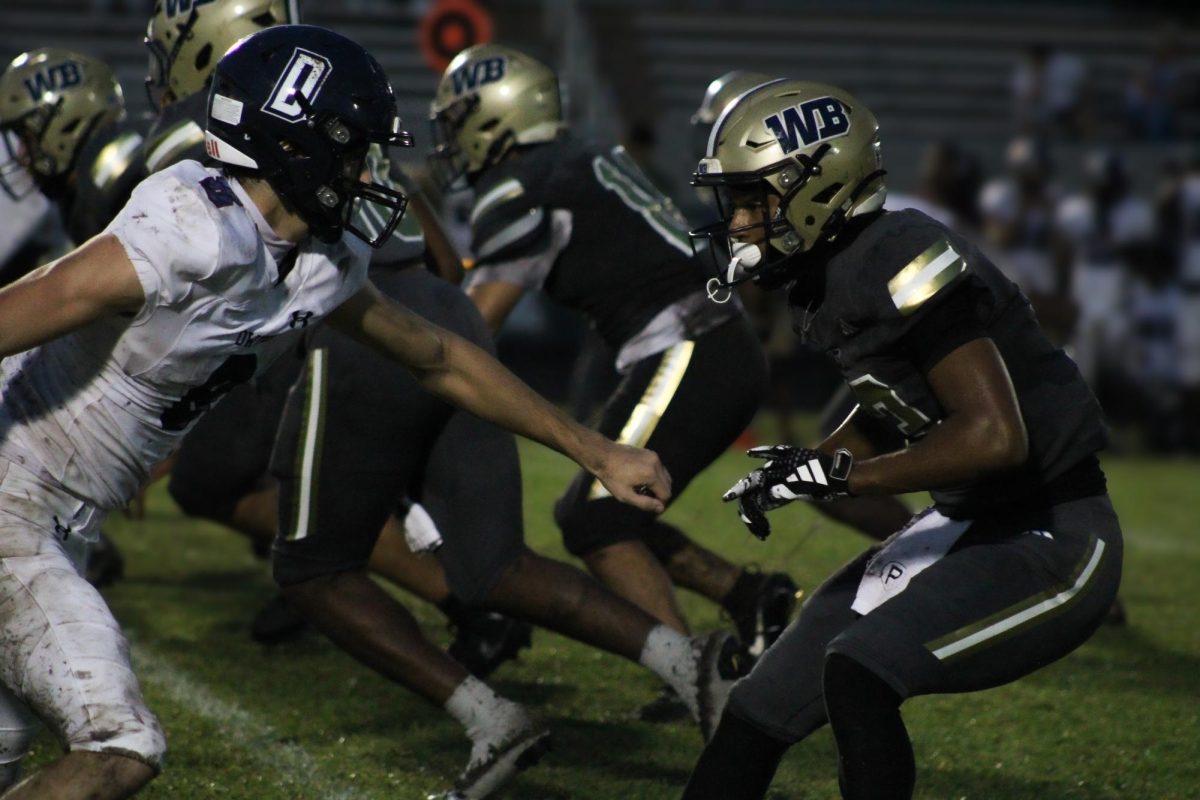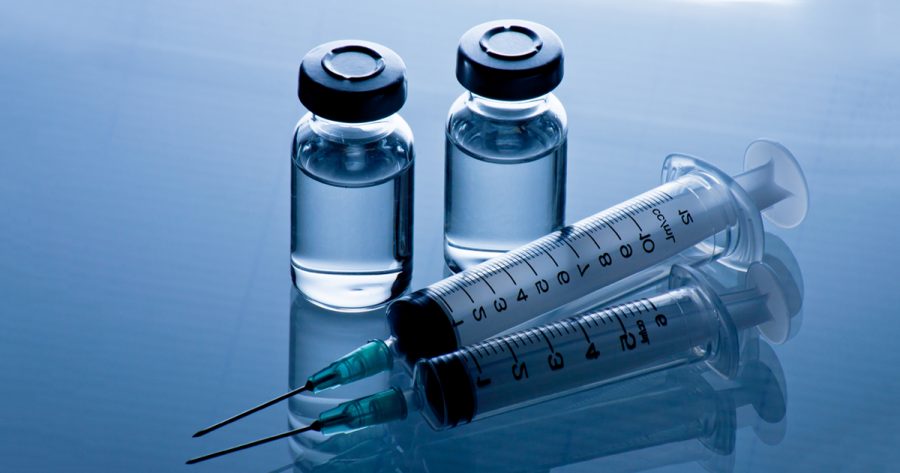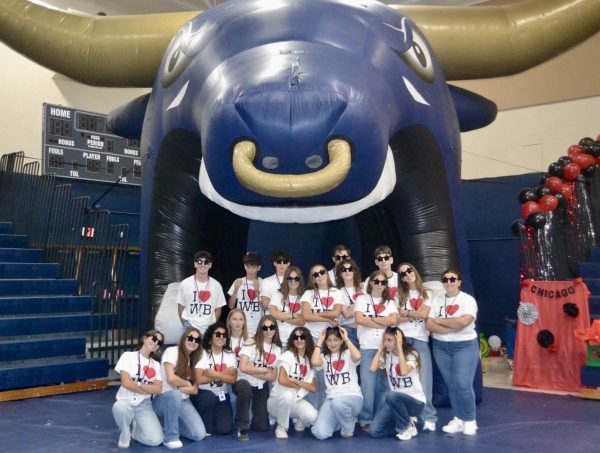Covid – 19 Vaccines and Children
The Covid-19 Vaccine companies have started testing on children and teenagers to see the effect they have.
April 29, 2021
Drug Companies have revealed that they had opened their clinical trial of the Covid vaccine to teenagers of age 16. As vaccine trials move into phase 3 testing, it’s likely that other drug companies will follow suit.
This news may leave parents wondering about the safety of vaccine trials on teens and children, and what this means for developing a COVID-19 vaccine. For answers, Dr. Kristin Moffitt, an infectious disease specialist at Boston Children’s Hospital said It’s going to be very important to have safety data for COVID-19 vaccines in children as vaccines become licensed for use. But since this infection is relatively mild in young people, they really need to make sure the safety of these vaccines is well established in adults first. The results of phase 1 and 2 trials of several vaccines administered to thousands of adults demonstrate these vaccines are safe and well-tolerated in adults. This suggests these same vaccines could begin being safely tested in children ages 12 and older.
“It should not be assumed a new vaccine tested in adults will generate the same immune response in children without also testing it in children. Also, different vaccine doses are sometimes needed to achieve a similar safety profile and immune response in children as in adults.”
The risk of a child having a serious adverse reaction shortly after getting immunized is probably minimal, based on the safety data obtained from adults that was discussed previously. Clinical trials in children will provide more information about their potential risk. However, it is said that the vaccine could cause a harmful immune response in the face of infection. It will be important to evaluate for that possibility in the phase 3 trials in adults, and then to follow with further clinical trials in children and teens.
Connecticut Childrens’ stated that Children’s immune systems are very different from adults’, and their immune responses can be different at different ages, from infancy through the teenage years. So the research that’s been done on the COVID-19 vaccine for ages 16 and up needs to be repeated in children of younger ages.
Both Pfizer and Moderna have been conducting vaccine trials including children as young as age 12, and hope to have results by June.
If any of these companies’ trials are successful, the data will need to go through FDA review, followed by the time it takes for vaccine production and distribution. This process can take awhile, especially for very young ages.
While trials are still ongoing for children on the safety of the vaccines, it is important to keep in mind that any vaccine can cause side effects; for the most part these are minor (for example, a sore arm or low-grade fever) and go away within a few days, as stated by the CDC. In terms of the COVID-19 vaccine, testing is still occuring, thus the real risks of the vaccine in children is still unknown.









































